
Okunoshima Poison Gas Museum
A unique island where hundreds of friendly rabbits roam freely, set against the poignant backdrop of a former WWII poison gas factory.

Highlights
Must-see attractions

Social
From TikTok & Reddit
Best Time
Fewer school groups

Okunoshima Poison Gas Museum
Best Time
Fewer school groups

Highlights
Must-see attractions
A unique island where hundreds of friendly rabbits roam freely, set against the poignant backdrop of a former WWII poison gas factory.
"A place of stark contrasts: adorable rabbits and a sobering reminder of war's horrors."

💰 Small Entry Fee
The museum has a minimal entry fee of 150 yen. Bring cash!
🚫 No Photos Inside
Respect the museum's policy; no phones or cameras allowed inside.

Highlights
Discover the most iconic attractions and experiences
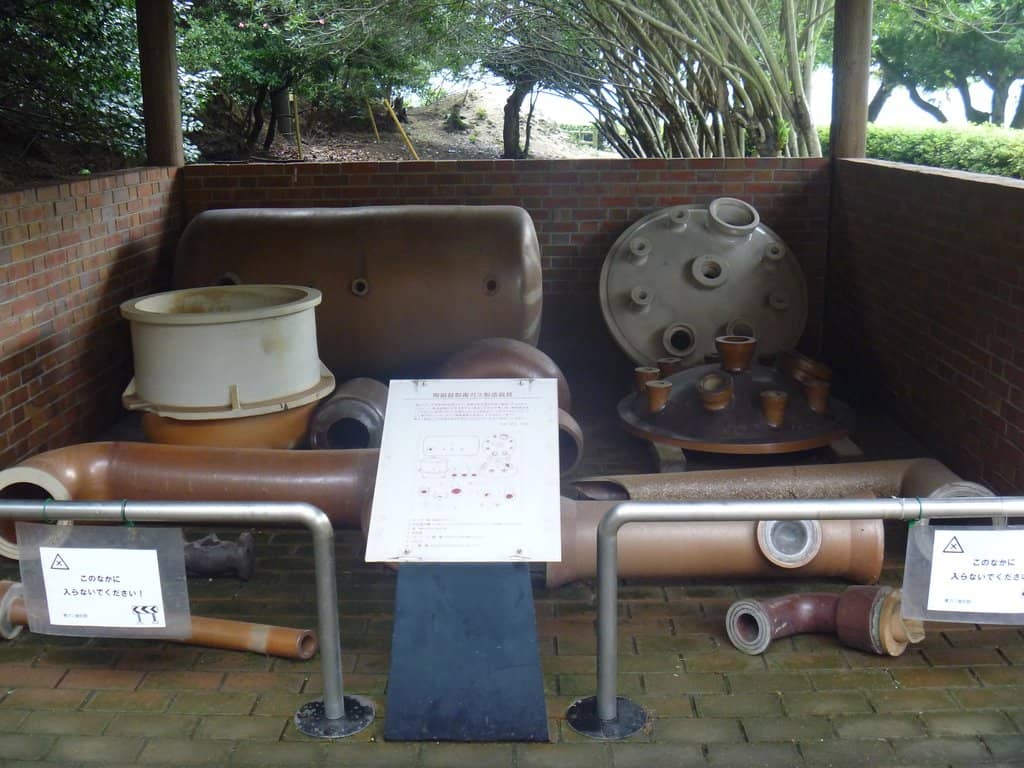
The Poison Gas Museum
A sobering look at WWII chemical weapon production and its devastating human cost.

The Island's Rabbit Population
Interact with hundreds of friendly wild rabbits that roam freely across the island.
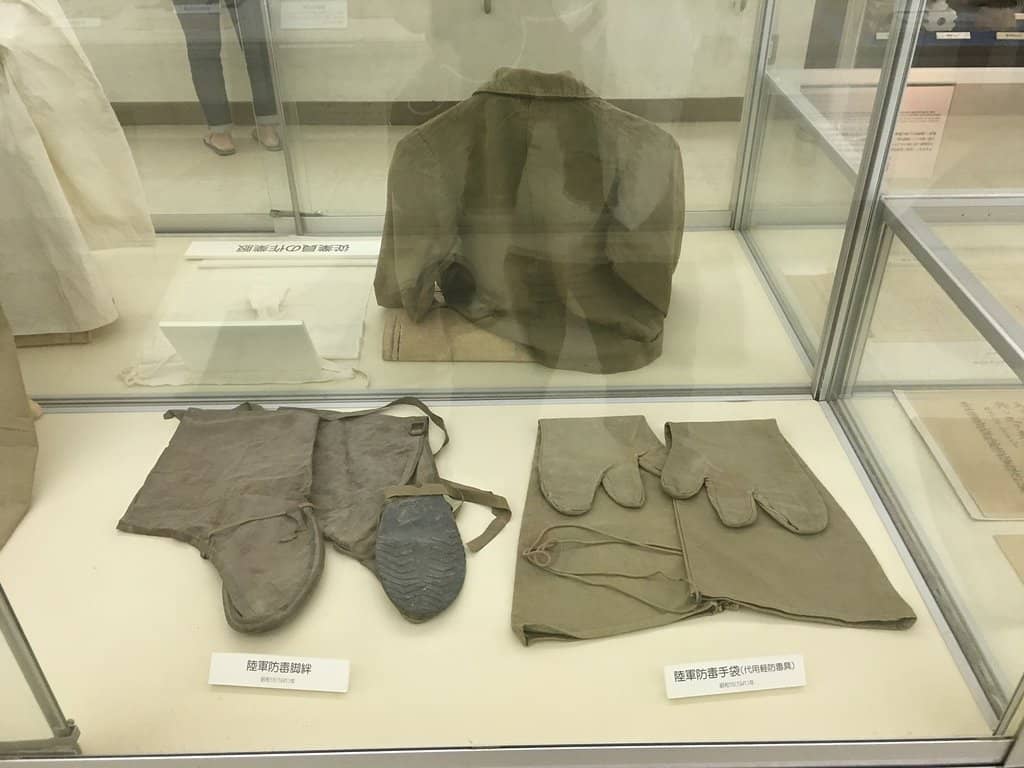
Remnants of the Gas Factory
Explore preserved structures from the former chemical weapon factory.
Plans like a pro.
Thinks like you
Planning Your Visit
Understand the Dual Nature of Okunoshima
Respect the Museum's Policies
Best Times
Insider Tips
from TikTok, Instagram & Reddit
💰 Small Entry Fee
The museum has a minimal entry fee of 150 yen. Bring cash!
🚫 No Photos Inside
Respect the museum's policy; no phones or cameras allowed inside.
Rabbit Island (Ōkunoshima)
Rabbit island/Ōkunoshima
🐰 Bring Rabbit Food
Carrots or rabbit-safe pellets are a hit! Avoid human snacks.
🚶♀️ Wear Comfortable Shoes
You'll be doing a lot of walking to explore the island and museum. :athletic_shoe:
Going to Okunoshima (Rabbit Island)? Take this direct bus from Hiroshima Station to Tadanoumi!
Tips
from all over the internet
💰 Small Entry Fee
The museum has a minimal entry fee of 150 yen. Bring cash!
🚫 No Photos Inside
Respect the museum's policy; no phones or cameras allowed inside.
🐰 Bring Rabbit Food
Carrots or rabbit-safe pellets are a hit! Avoid human snacks.
🚶♀️ Wear Comfortable Shoes
You'll be doing a lot of walking to explore the island and museum. :athletic_shoe:
🤔 Prepare for a Somber Visit
The museum is a stark reminder of war; be mentally prepared for its heavy themes.
What Travellers Say
Reviews Summary
Okunoshima offers a striking juxtaposition of a charming 'Rabbit Island' experience with a deeply sobering historical site. Visitors are captivated by the friendly rabbits and the island's natural beauty, but the Poison Gas Museum provides a stark and important reminder of its wartime past. While some find the museum's content heavy, its educational value is widely acknowledged.
"The Okunoshima Island Poison Gas Museum is a significant and sobering site dedicated to educating visitors about the island's dark history as a center for chemical weapon production during World War II.
There was a big group of young students visiting the place at the same time as I did. The museum provides an in-depth look at the development, production, and impact of poison gas manufactured on the island.
The museum acts as a memorial to those who suffered and died due to the poison gas production on Okunoshima Island. It emphasizes the human cost of war and the importance of remembering history to avoid repeating it.
The museum highlights the devastating effects of chemical warfare, showcasing testimonies from those affected, including the workers and victims of poison gas attacks. It also discusses the environmental and health consequences that persisted long after the production ceased."
João Leitão
"Ōkunoshima, a small island in the Seto Inland Sea of Japan, holds a haunting yet historically significant past. Known as "Rabbit Island" for its population of friendly wild rabbits, it also houses the Ōkunoshima Poison Gas Museum (大久野島毒ガス資料館). This museum serves as a stark reminder of Japan's role in the production of chemical weapons during World War II and is dedicated to educating visitors about the dangers and devastating consequences of poison gas warfare.
The museum was established in 1988 to shed light on a little-known chapter of history. During the war, Ōkunoshima became the site of a secret poison gas factory operated by the Imperial Japanese Army. From 1929 to 1945, the factory produced large quantities of mustard gas and other chemical agents, used in warfare despite international prohibitions. The island's location was chosen for its isolation, and its existence was erased from maps to maintain secrecy.
The Poison Gas Museum presents a sobering narrative through photographs, documents, and artifacts from the era. Visitors can see protective gear, gas canisters, and accounts from workers who suffered severe health consequences due to inadequate safety measures. The museum also emphasizes the tragic impact of poison gas on human lives, underscoring the ethical and humanitarian issues surrounding its use.
By confronting this dark past, the museum aims to promote peace and advocate for the abolition of chemical weapons worldwide. It reminds visitors of the importance of learning from history to prevent the recurrence of such atrocities.
Ōkunoshima today is a paradoxical blend of natural beauty, playful rabbits, and a poignant historical legacy. The Poison Gas Museum stands as a crucial educational institution, ensuring that the lessons of the past remain relevant for future generations."
Ahmedul Azam
"A very small one room museum on Okunoshima. ¥150 to enter. Not a lot of signage in English and not allowed to use phones for translation apps. You are able to understand the themes. There are uniforms and equipment displayed as well as the horrible damage the chemical weapons did to workers at the plant. There is a level of self awareness and regret in the commentary. People posting internal photos of the museum in their reviews have disrespected the policy of the museum."
Timeshare Chinchilla
What People Like
What People Dislike
Frequently Asked Questions
🚇 🗺️ Getting There
From Hiroshima Station, take the JR Sanyo Line to Mihara Station (approx. 40 mins). From Mihara, transfer to the JR Kure Line towards Kure and get off at Tadanoumi Station (approx. 15 mins). From Tadanoumi Port, a short ferry ride (approx. 15 mins) will take you to Okunoshima. A JR Pass can cover the train portions.
No, Okunoshima is a car-free island. You'll need to park your car at Tadanoumi Port and take the ferry.
Ferries run frequently from Tadanoumi Port. It's advisable to check the latest schedule upon arrival at the port, as times can vary.
Yes, it's a popular day trip. The journey involves trains and a ferry, taking about 1.5-2 hours each way.
There is a small island bus service, but many visitors prefer to walk or rent bicycles to explore the island at their own pace.
🎫 🎫 Tickets & Entry
The museum has a very affordable entry fee of 150 yen per person. It's recommended to have cash on hand.
The museum typically opens around 9:00 AM and closes at 4:30 PM, but it's always best to confirm current hours before your visit, especially on weekends or holidays.
No, photography is strictly prohibited inside the Okunoshima Poison Gas Museum to maintain the solemn atmosphere and respect for the exhibits.
No, there is no entrance fee to visit Okunoshima island. The fee is only for the Poison Gas Museum.
Tickets are usually purchased on-site at the museum. Advance booking is generally not required due to the low entry fee and the nature of the attraction.
🎫 🧭 Onsite Experience
Besides the museum, you can enjoy the island's famous rabbits, explore the remnants of the old gas factory, visit the lighthouse, and enjoy the scenic coastal views.
The rabbits are generally friendly and accustomed to humans, but they are wild animals. It's best to observe them from a distance and avoid cornering them.
You can see various structures from the former poison gas factory, including storage facilities, administrative buildings, and the factory itself, offering a tangible connection to the island's past.
While the rabbits are a hit with kids, the museum's content is very serious and may be disturbing for younger children. Parents should use their discretion.
Yes, there are a few restaurants and cafes on the island, including one near the ferry terminal, offering local dishes.
📸 📸 Photography
The island offers beautiful coastal scenery and, of course, plenty of opportunities to photograph the rabbits in their natural habitat. The old factory ruins also make for dramatic shots.
Yes, photographing the rabbits is a major draw! They are often very photogenic and approachable.
Photography is prohibited inside the Poison Gas Museum. Otherwise, general photography around the island is permitted.
A standard camera or smartphone is sufficient. If you want to get close-ups of the rabbits, a zoom lens can be helpful.
The preserved factory buildings and the museum's exterior offer a chance to capture the island's historical significance, though interior photos are forbidden.
For Different Travelers
Tailored advice for your travel style
👨👩👧 Families with Kids
However, parents should be mindful of the Okunoshima Poison Gas Museum. While it's an important historical site, the exhibits are serious and may be disturbing for younger children. Consider visiting the museum separately or discussing its sensitive nature with older children beforehand. The island also has other attractions like a lighthouse and scenic views that families can enjoy together.
🤔 History Buffs & WWII Enthusiasts
Beyond the museum, exploring the preserved remnants of the gas factory scattered across the island allows for a tangible connection to this dark chapter. The island's secrecy during the war and its subsequent unveiling make it a compelling site for understanding the complexities of wartime history and the importance of remembrance.
Deep Dives
In-depth insights and expert knowledge
The Dark History of Okunoshima
This history is a stark contrast to the island's current perception. The museum's establishment in 1988 was a deliberate effort to confront this hidden past and serve as a memorial to the victims. It emphasizes the human cost of war and the ethical imperative to prevent future atrocities. By understanding this history, visitors can appreciate the island's complex narrative and the importance of remembering such events to promote peace and the abolition of chemical weapons.
While the museum provides a sobering account, the island itself still bears physical remnants of its past. Exploring these preserved structures, alongside the natural beauty and the ubiquitous rabbits, creates a unique and thought-provoking experience for visitors. It's a place where history is not just read about, but can be felt and seen in the landscape.
Interacting with the Rabbit Population
When visiting, it's important to remember that these are wild animals. While they are used to people, it's best to avoid cornering them or making sudden movements. Bringing rabbit-safe food, such as carrots or special rabbit pellets, is highly recommended and greatly appreciated by the island's furry residents. Avoid feeding them human snacks, as these can be harmful.
The presence of the rabbits offers a delightful and often humorous counterpoint to the island's somber history. Many visitors find the experience of being surrounded by so many playful rabbits to be a highlight of their trip, creating memorable photo opportunities and a sense of whimsical charm.
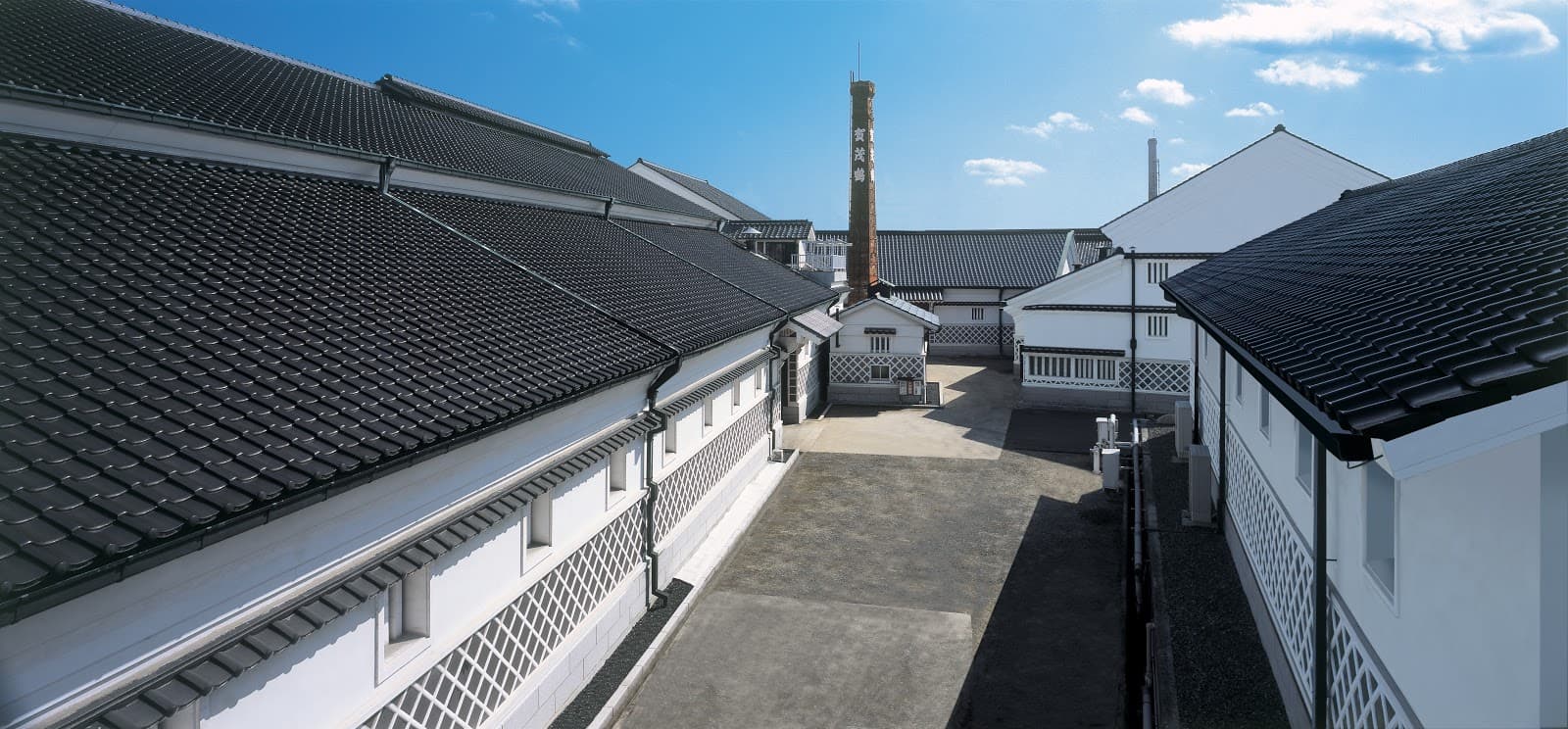

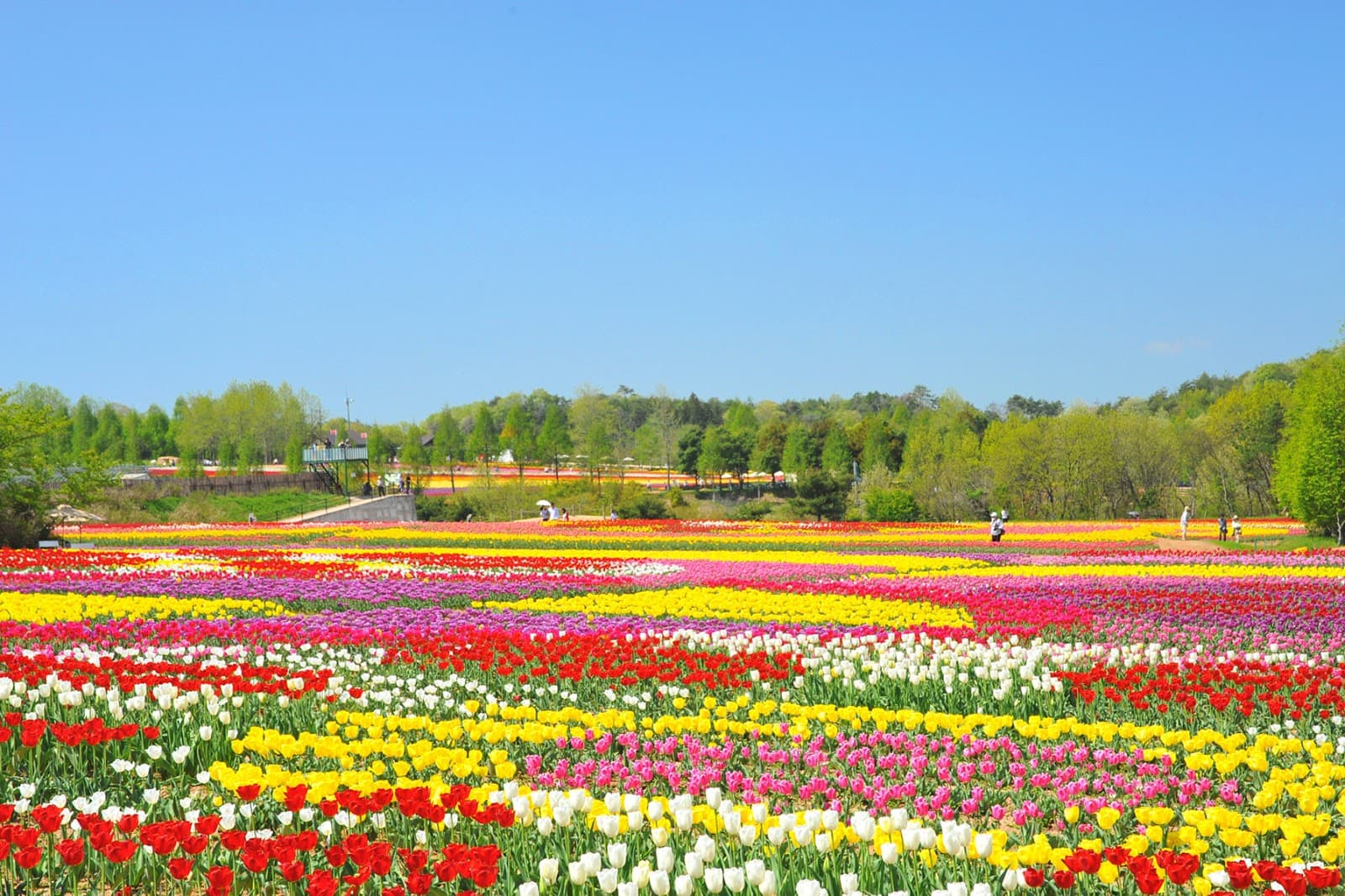
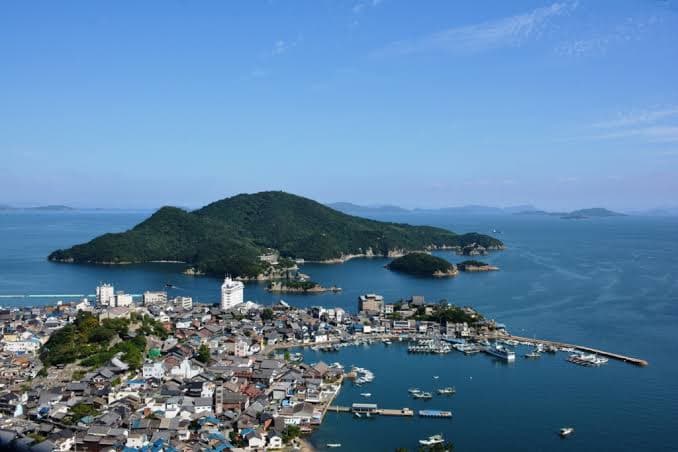

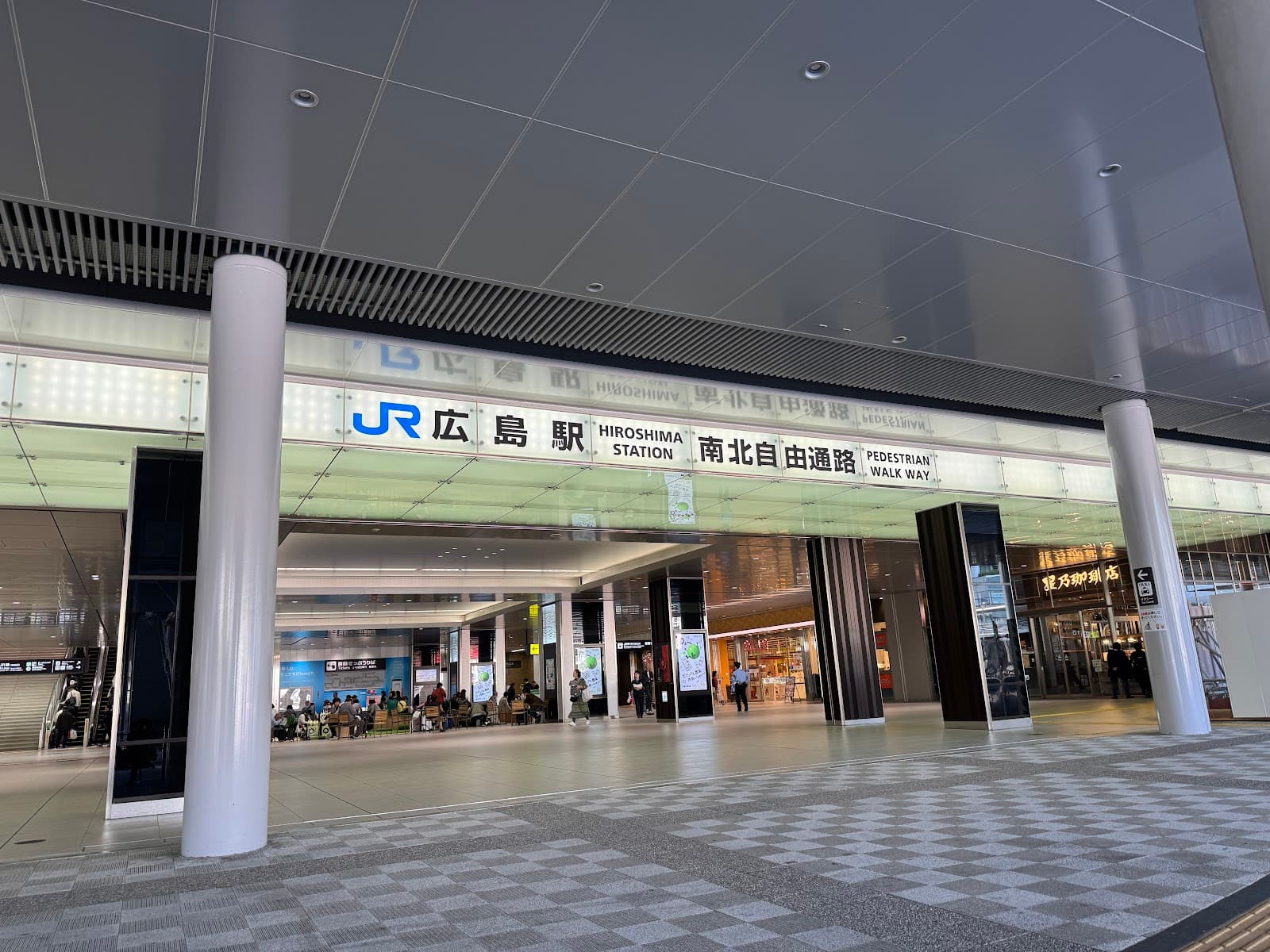
Social
from TikTok, Instagram & Reddit